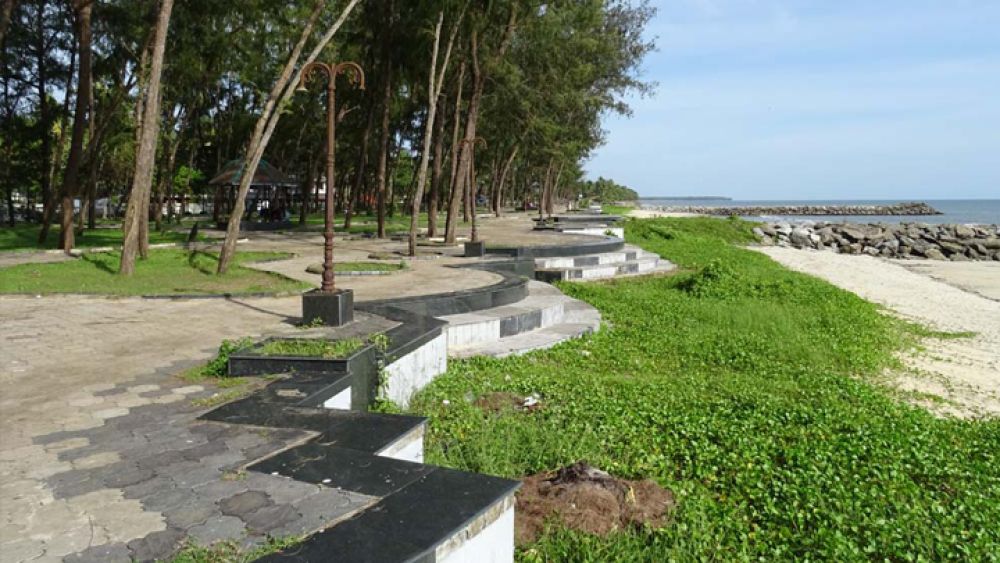

Kappad Beach, also known as Kappakadavu, is an illustrious beach located in Kozhikode (Calicut), Kerala, India. It is historically significant as the landing place of the Portuguese explorer Vasco da Gama on May 20, 1498. This event marked the beginning of the European era in Indian history and established a new sea route from Europe to India.
The historical significance of Kappad Beach has always been a major draw for tourism. A stone monument commemorating the landing of Vasco da Gama is ensconced on the beach, and an ancient temple nearby, believed to be 800 years old, stands as a sentinel to history. The beach was merely a fishing hamlet for centuries until its historical prominence was recognized, and slowly it turned into a touristic spot.
Tourism at Kappad Beach gained momentum in the late 20th century as the Kerala government started promoting the state's unique beauty and rich history under the banner "God's Own Country". The soothing climate, the rich cultural heritage, and the pristine natural resources of Kerala have collectively enhanced its appeal.
Modern infrastructural development along with the promotion of eco-friendly tourism practices has contributed to the growing popularity of Kappad Beach. Resorts and hotels offering the experience of the Malabar coast and traditional Keralite hospitality have been integral in attracting tourists from across the globe. Special emphasis has been made on sustainable tourism to preserve the unique ecology of the region while promoting tourism.
Tourism at Kappad offers numerous sightseeing possibilities, such as the nearby Korapuzha River, which is popular for water sports and the Kozhikode city itself with its culinary delights and cultural experiences. Activities like sunbathing, swimming, and walking along the seashore are common, while boat rides in the country boats called 'Uru' give tourists a taste of local life.
Experiential Tourism: Visitors are increasingly looking for authentic experiences, such as staying with local families, participating in traditional fishing, or learning about the coastal ecology and traditional navigation methods.
Eco-Tourism: There has been a shift towards sustainable tourism, with eco-friendly resorts and establishments promoting conservation of the beach's natural environment.
Wellness Tourism: Kerala's longstanding tradition of Ayurveda has been integrated into tourism, with many wellness retreats offering therapies and treatments near Kappad Beach.
In summary, Kappad Beach offers a blend of historical significance and natural beauty. It has seen a growth from a simple fishing village to a popular tourist destination while keeping an eye on sustainable and experiential tourism.